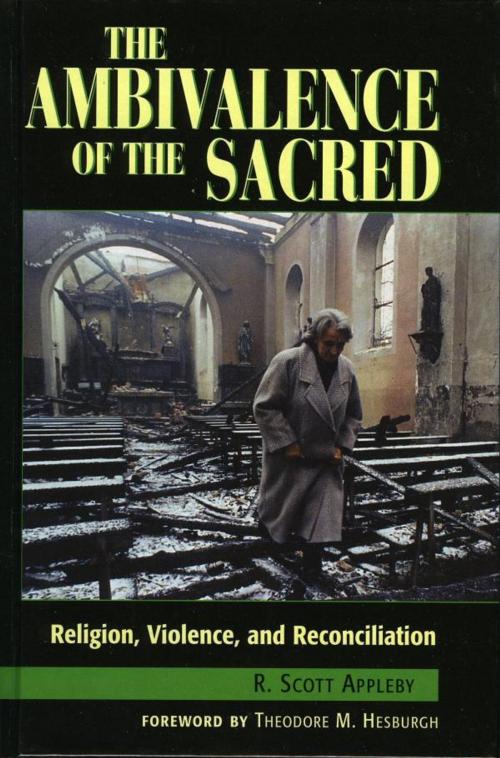The Ambivalence of the Sacred
Religion, Violence, and Reconciliation
Nonfiction, Social & Cultural Studies, Political Science, International, International Relations| Author: | Scott R. Appleby | ISBN: | 9780742569843 |
| Publisher: | Rowman & Littlefield Publishers | Publication: | November 23, 1999 |
| Imprint: | Rowman & Littlefield Publishers | Language: | English |
| Author: | Scott R. Appleby |
| ISBN: | 9780742569843 |
| Publisher: | Rowman & Littlefield Publishers |
| Publication: | November 23, 1999 |
| Imprint: | Rowman & Littlefield Publishers |
| Language: | English |
Terrorists and peacemakers may grow up in the same community and adhere to the same religious tradition. The killing carried out by one and the reconciliation fostered by the other indicate the range of dramatic and contradictory responses to human suffering by religious actors. Yet religion's ability to inspire violence is intimately related to its equally impressive power as a force for peace, especially in the growing number of conflicts around the world that involve religious claims and religiously inspired combatants. This book explains what religious terrorists and religious peacemakers share in common, what causes them to take different paths in fighting injustice, and how a deeper understanding of religious extremism can and must be integrated more effectively into our thinking about tribal, regional, and international conflict.
Terrorists and peacemakers may grow up in the same community and adhere to the same religious tradition. The killing carried out by one and the reconciliation fostered by the other indicate the range of dramatic and contradictory responses to human suffering by religious actors. Yet religion's ability to inspire violence is intimately related to its equally impressive power as a force for peace, especially in the growing number of conflicts around the world that involve religious claims and religiously inspired combatants. This book explains what religious terrorists and religious peacemakers share in common, what causes them to take different paths in fighting injustice, and how a deeper understanding of religious extremism can and must be integrated more effectively into our thinking about tribal, regional, and international conflict.















